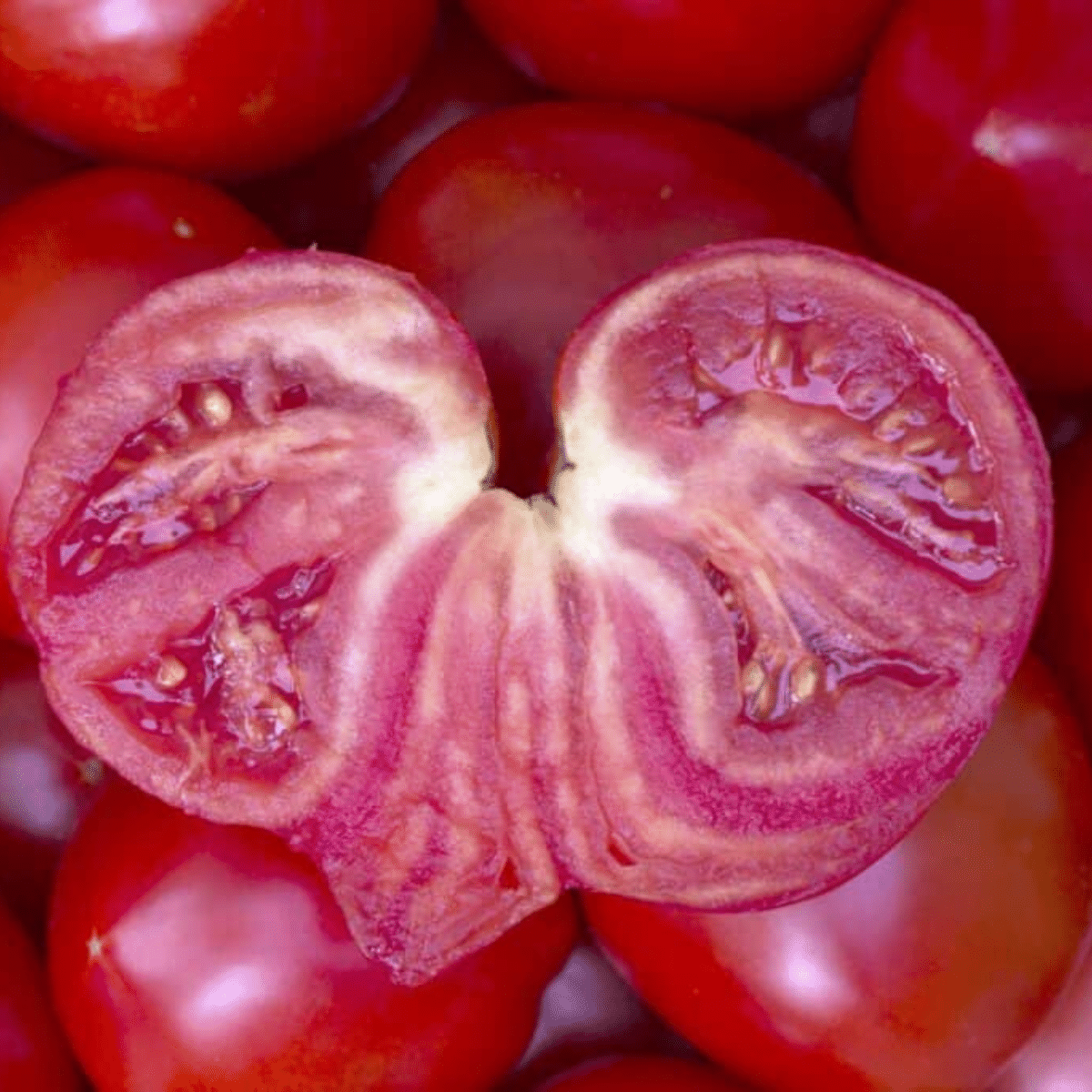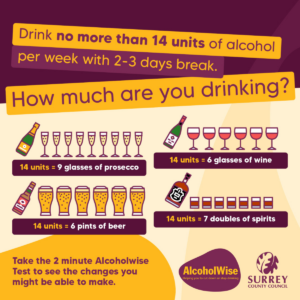This Heart Month, we’ve put together the ultimate recipe to keep your heart healthy. Learn about six heart-healthy foods, their benefits and how to incorporate more of them into your diet.
Every year in the UK, The British Heart Foundation declares February as National Heart Month – a time to focus on improving our heart health.
Statistics from British Heart Foundation show that over half (58%) of adults in Surrey have obesity or excess weight, less than a third (28%) do not meet physical activity guidelines and around 10% smoke. These risk factors significantly increase your risk of developing heart and circulatory diseases. The good news is that many people can reduce their risk of these conditions by making small changes to their lifestyle, including what they eat.
Continue reading to learn about six heart-healthy foods and how to incorporate more of them into your diet.
Tomatoes
Let’s kick off with something red: tomatoes!
Did you know tomatoes are considered a fruit? Tomatoes are a source of lycopene, an antioxidant that gives them their bright red colour. Lycopene has been linked to a variety of health benefits, including lower LDL (bad) cholesterol levels and blood pressure, as well as a lower risk of heart disease, stroke, and cancer. Tomatoes also contain a variety of other nutrients, such as folate, vitamin C, and potassium.
How to include more in your diet:
– Add a side salad to your meal. Yes, this is an obvious one, but salads don’t have to be boring!
– Make your own fresh tomato sauce – great for pasta dishes
– Having a full English? Don’t forget to add tomatoes
– Scramble them into an omelette
Berries
Berries rich in antioxidants, such as blueberries, blackberries, raspberries and strawberries, have been linked to improved heart health. These include lowering blood pressure and cholesterol, while reducing oxidative stress.
Studies have shown that berries help to improve insulin resistance and LDL (bad) cholesterol, lower blood pressure and BMI, and improve the function of cells that line blood vessels, which helps to control blood clotting.
We should aim to eat at least five portions of fruit and vegetables per day. What is the size of a portion? One handful = one portion.
How to include more into your diet:
– Start the day with berries in your yogurt, cereal or oats
– Blend frozen berries into a smoothie
– Have as a tasty snack on their own
Leafy greens
Greens can brighten your plate while also nourishing your heart. Leafy greens, such as kale, cabbage, and spinach, are known for their health benefits, including high levels of vitamins, minerals, and antioxidants. Leafy greens are a good source of Vitamin K, and studies link them to a lower risk of coronary heart disease, lower blood pressure, and improved function of cells lining blood vessels.
How to include more into your diet:
– Blend them into a fruit juice or smoothie
– Stir them into soups or stews
– Scramble into an omelette
– Add them into a sandwich or as a side salad with meals
Healthy Fats
To maintain a healthy and balanced diet, we must all consume a small amount of fat.
Replacing bad fats with good fats can help our bodies absorb vitamins like A, D, and E, as well as essential fatty acids like Omega-3 and Omega-6. Oily fish, olive oil, avocados, peanut butter, and some nuts like walnuts, almonds, and cashews contain ‘good’ fats called monounsaturated and polyunsaturated fats. They can aid in the maintenance of healthy cholesterol levels.
How to include more into your diet:
– Drizzle olive oil over salads
– Add some crunch to your yogurt or cereal by sprinkling some nuts
– Try adding some avocado to your next sandwich, salad, taco or smoothie
Oily Fish
Let’s delve deeper into oily fish.
Oily fish such as salmon, tune, sardines and mackerel are rich in omega-3 fatty acids and a good source of vitamin D. They have been shown to be beneficial in reducing heart disease risk factors like high blood pressure and cholesterol. The Eatwell guide recommends a healthy, balanced diet should include at least two portions of fish a week, including one oily fish.
If you’re a vegetarian or sea food just isn’t your thing, stick to a variety of plant foods that we mentioned above.
How to include more into your diet:
– Top jacket potatoes with tuna
– Group fish with a portion of carbs such as rice or potato and fill your plate with veggies and leafy greens
Walnuts
Last up we have walnuts.
Walnuts are a good source of alpha-linolenic acid (ALA), which is a plant-based omega-3 fatty acid that has anti-inflammatory properties for our arteries. Eating walnuts has been shown to improve cholesterol levels as well as the function of our bodies’ small arteries and vessels.
You only need a handful per day to reap the benefits.
How to incorporate almonds into your diet:
– A small handful is the perfect portion to snack on
If you would like to make positive changes to your lifestyle, check out our free healthy lifestyle programmes to help you lose weight and become smoke free.
Learn lifesaving CPR in just 15 minutes, with RevivR. All you need is a cushion and your phone. Find out more here.
British Heart Foundation – https://www.bhf.org.uk/-/media/files/health-intelligence/14/surrey-bhf-statistics.pdf
https://www.bhf.org.uk/informationsupport/support/healthy-living/healthy-eating/fats-explained
https://www.bhf.org.uk/how-you-can-help/how-to-save-a-life/how-to-do-cpr/learn-cpr-in-15-minutes
BBC Food – https://www.bbcgoodfood.com/howto/guide/what-eat-heart-health




